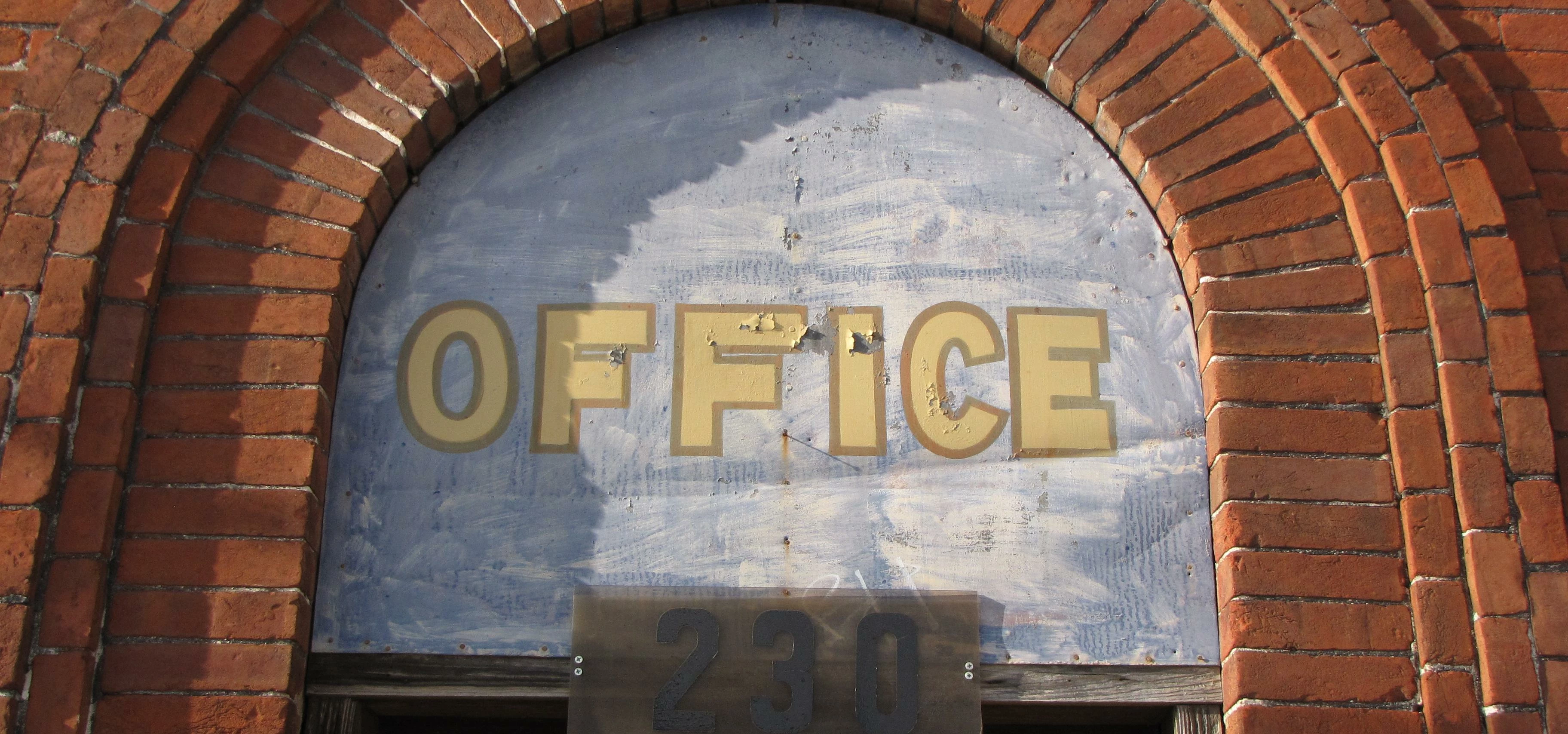
Partner Article
How to defend your business from the costly risks of vacant properties
Next year sees the first revaluation of business rates in nearly a decade, a move which has British businesses “bracing themselves for disappointment.” However, empty storefronts and offices get taxed almost as heavily as occupied ones, and there are more potential liabilities to your profits than you may expect. Here are a few tips on how to avoid the pitfalls surrounding your empty properties.
Security
If you have property which is going unused, you may think boarding up your empty building is the answer. However, this effectively signposts a vacancy, rendering it a target for squatters or thieves; hiring security to patrol these areas is not always as effective as you would think, as well as being an expensive addition to already-pricey empty business rates.
Property guardians and vacant property security agencies such as Oaksure PropertyProtection and VPS Group offer one solution to this. Oaksure provide trained guards to act as security for an empty building, whilst also patrolling a property to assess and report any structural damage. This service not only renders the building officially occupied, but acts as an effective deterrent to any potential squatters or thieves.
Setting up an additional access control system with 24-hour CCTV is an alternative option. Rather than having on-site guards, a remotely-monitored CCTV system can be installed, and many security companies provide free surveys of a property so that the security system can be tailor-made to your site’s specifications. Long-established firms such as Banham also offer guidance around data protection, so that you know footage of your property will be as secure as the site itself.
Theft from empty properties
Figures from 2013 revealed that there were over one thousand incidents of metal theft fromthe UK’s vacant properties each week. More recently, there has been a rise in the number of thefts of lead from church roofs, with thieves making use of Google Earth and drones in order to assess their targets. One such incident saw a gang get away with around £40,000 worth of lead - ten tonnes in total.
One way to prevent anything similar happening to your vacant property is to simply have it cleared out professionally. This may be a service which takes a fair amount of time and money, but compared with the expense of repairing and replacing properties trashed by thieves, the peace of mind is surely worth the price?
Clearing out your property in this way allows you to fulfil your company’s Duty of Care as the leaseholder or owner. As most bulky items left in offices are often taken to landfill rather than disposed of with more consideration, more companies are being set up which make a point of offering sustainable clearance. In many cases, some items will also be resold, with the money offset against the total price of the service.
Saving money on empty property rates
Business rates are never calculated as up-to- date as they could be. The most recent budget has seen new business rate review metrics promised by 2020, while the impeding rates revaluation will be working off figures from 2015. And while the budget also included somerates adjustments to incentivise smaller businesses, it did little to reduce the taxation onvacant property.
There are certain formal exemptions to empty property rates, as well as some additional options which allow businesses to reduce their rates considerably. For example, any building deemed unsafe by a local authority due to asbestos - a construction material banned in the UK in 1999, but still present in 50% of buildings in the country - is entitled to mitigated business rates.
So by taking some of the above measures, you could be saving your business a great deal of money, assets and peace of mind.
This was posted in Bdaily's Members' News section by Caitlyn Stevens .
Enjoy the read? Get Bdaily delivered.
Sign up to receive our popular morning National email for free.








 Culture, confidence and creativity in the North East
Culture, confidence and creativity in the North East
 Putting in the groundwork to boost skills
Putting in the groundwork to boost skills
 £100,000 milestone drives forward STEM work
£100,000 milestone drives forward STEM work
 Restoring confidence for the economic road ahead
Restoring confidence for the economic road ahead
 Ready to scale? Buy-and-build offers opportunity
Ready to scale? Buy-and-build offers opportunity
 When will our regional economy grow?
When will our regional economy grow?
 Creating a thriving North East construction sector
Creating a thriving North East construction sector
 Why investors are still backing the North East
Why investors are still backing the North East
 Time to stop risking Britain’s family businesses
Time to stop risking Britain’s family businesses
 A year of growth, collaboration and impact
A year of growth, collaboration and impact
 2000 reasons for North East business positivity
2000 reasons for North East business positivity
 How to make your growth strategy deliver in 2026
How to make your growth strategy deliver in 2026